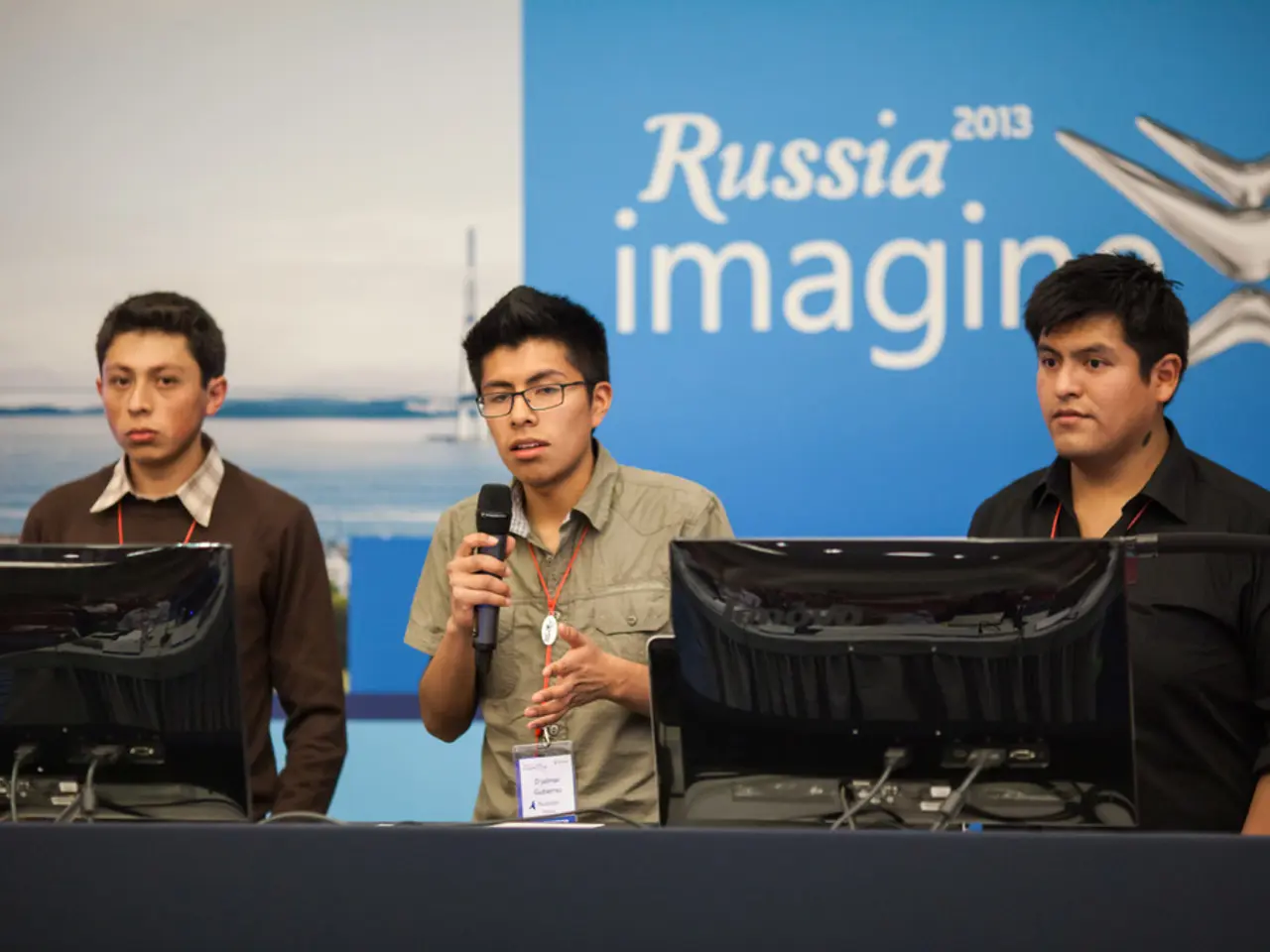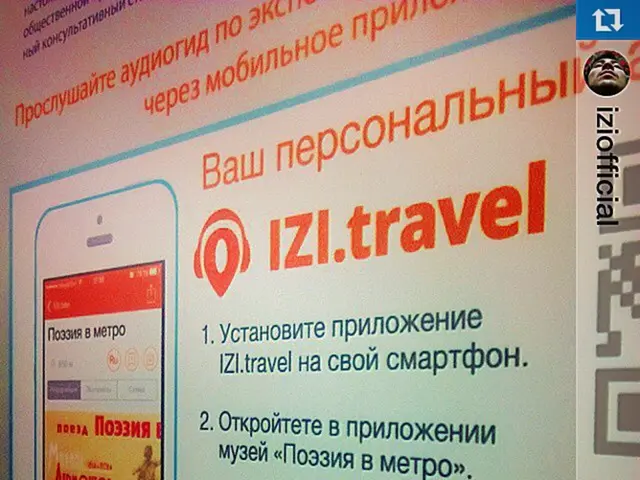Trump and Putin Meeting in Alaska - Is This a Repeat of Munich?
The upcoming meeting between US President Donald Trump and Russian President Vladimir Putin, scheduled for August 15 in Alaska, has raised concerns among European leaders and experts. The potential agreement that could emerge from this encounter could fundamentally alter the political landscape of Europe, with some drawing parallels to the infamous 1938 Munich Agreement.
The 1938 Munich Agreement is widely criticised for conceding territory to Nazi Germany without the consent of the affected nation, Czechoslovakia, effectively enabling Hitler's aggression and emboldening further expansionist moves. This historical event has cast a long shadow over the Alaska meeting, with many fearing that a similar agreement could have serious negative implications for Europe.
If an agreement were reached resembling the 1938 Munich Agreement, Europe could face division among Western allies and a weakened security framework against Russian aggression. This scenario suggests concerns that a Trump-Putin deal might sacrifice Ukrainian sovereignty or Western unity to achieve a premature peace, undermining Europe’s stability.
According to expert analysis, a potential agreement including a ceasefire with territorial concessions favorable to Russia could fracture NATO and transatlantic unity, as Ukraine and many European countries would likely reject such terms. This could embolden Russia, allowing it to consolidate territorial gains and weaken the European security architecture, potentially destabilizing Eastern Europe. Such a deal would risk Europe’s larger strategic interests and livelier democracy in Ukraine.
If the US, under Trump, were to pressure Ukraine to accept a deal seen as unfavorable or force Europe to scale back sanctions and military support for Ukraine, it could cause an "irreparable breach" in transatlantic relations, diminishing Western influence in Europe. Conversely, failure to reach a credible agreement maintains the current conflict dynamics but avoids endorsing a flawed peace deal that might harm European security in the long term.
The current German federal government stands for European traditions of integrity and independence. Chancellor Olaf Scholz has spoken on the political shift in German foreign and defense policy due to the Russian invasion. However, the German public is more focused on a failed judicial election, rather than the potential political shift in Europe.
The black-red government in Germany sees this crisis as an opportunity for a restart and refocus. In his attempt to decouple Russia from its close alignment with China, Trump may make significant concessions to Putin. However, there is no indication that the Kremlin is prepared to make concessions in the meeting; instead, there is confidence that the meeting will strengthen Russia's position in Ukraine.
The article speculates about the potential consequences of the Alaska meeting, but does not provide definitive answers. It is crucial for European leaders to remain vigilant and prepared to protect Ukrainian integrity and defend themselves, if NATO disintegrates. Chancellor Friedrich Merz is attempting to convince the German population of the gravity of the current situation and its potential consequences.
The meeting's outcome, regardless of how it goes, could be decided without Ukrainian President Volodymyr Zelensky's involvement. Russian state media is celebrating the invitation as a recognition of Russia as an equal partner on the world stage. Europe must learn from history and avoid repeating the mistakes of the past, ensuring that the future is one of peace, unity, and stability.
The Alaska meeting between Trump and Putin raises concerns about potential policy-and-legislation and politics that could lead to a war-and-conflicts-related agreement, similar to the 1938 Munich Agreement, which could have serious negative implications for Europe, including a fractured NATO, weakened security framework, and potential division among Western allies. General-news outlets emphasize the need for European leaders to remain vigilant and prepared to protect Ukrainian integrity and defend against Russian aggression.




